
We have some great events coming up over the next few weeks to support you in your research activities.
November
| Tuesday 5th November | RKEDF: Clinical Research- documentation and filing |
| Wednesday 6th November | RKEDF: Research Outputs – Writing Day |
| Wednesday 13th November | RKEDF: EndNote Desktop for Managing References and Writing for Publication |
| Monday 18th November | RKEDF: UKRO Visit |
| Tuesday 19th November | RKEDF: Environment Narrative Day |
| Tuesday 19th November | RKEDF: Advanced Literature Search Techniques |
| Tuesday 19th November | RKEDF: Working with Industry |
| Tuesday 19th November | RKEDF: Building Evidence for REF Impact Case Studies |
| Tuesday 19th November | RKEDF Impact Planning Session |
| Wednesday 20th November | RKEDF: Inspirational Impact Journey |
| Wednesday 20th November | RKEDF: Leverhulme Trust Visit to BU |
| Tuesday 26th November | RKEDF: Evaluation: Developing your approach |
| Wednesday 27th November | RKEDF: Measuring the Impact of Your Research with Advanced Citation Tools. |
You can see all the Organisational Development and RKEDF events in one place on the handy calendar of events.
Please note that all sessions are now targeted, so look closely at the event page to ensure that the event is suitable for you. In addition, most RKEDF events now require the approval of your Head of Department (or other nominated approver). Please follow the instructions given on the event page and the template email for you to initiate the booking request.
If you have any queries, please get in touch!
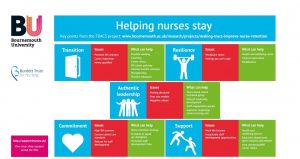
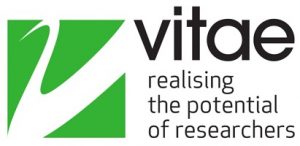

 With the aid of QR funding (Faculty of Management), I conducted field-research in Ubud, Indonesia in July 2019. I went into the field with two research questions, linked to poverty alleviation and sustainable community development. What is the impact of spiritual/wellness tourism on local people and communities in Ubud? What are the strategies that can help provide micro-entrepreneurship opportunities for the poor? I interviewed multiple stakeholders including a former Indonesian Minister of Tourism, a spiritual leader in Ubud, a representative of the Ubud home stay association, local yoga teachers and other private/public stakeholders. I also talked to a representative of a rural orphanage.
With the aid of QR funding (Faculty of Management), I conducted field-research in Ubud, Indonesia in July 2019. I went into the field with two research questions, linked to poverty alleviation and sustainable community development. What is the impact of spiritual/wellness tourism on local people and communities in Ubud? What are the strategies that can help provide micro-entrepreneurship opportunities for the poor? I interviewed multiple stakeholders including a former Indonesian Minister of Tourism, a spiritual leader in Ubud, a representative of the Ubud home stay association, local yoga teachers and other private/public stakeholders. I also talked to a representative of a rural orphanage.
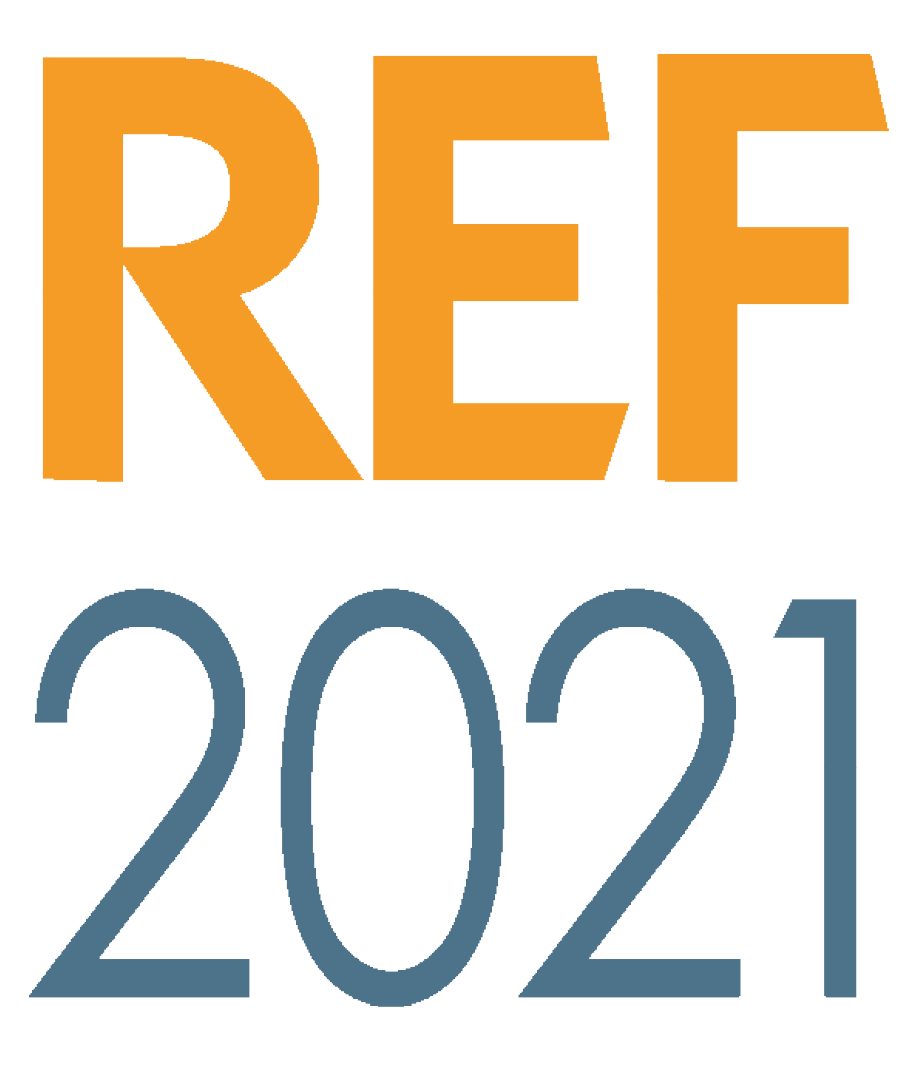
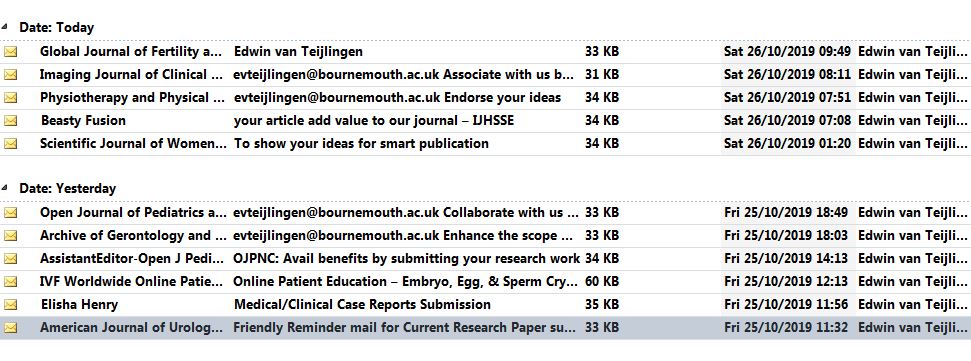
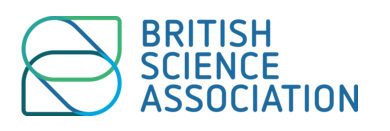


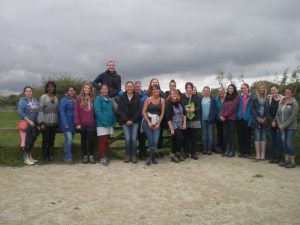

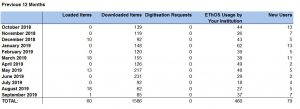











 Expand Your Impact: Collaboration and Networking Workshops for Researchers
Expand Your Impact: Collaboration and Networking Workshops for Researchers Visiting Prof. Sujan Marahatta presenting at BU
Visiting Prof. Sujan Marahatta presenting at BU 3C Event: Research Culture, Community & Can you Guess Who? Thursday 26 March 1-2pm
3C Event: Research Culture, Community & Can you Guess Who? Thursday 26 March 1-2pm UKCGE Recognised Research Supervision Programme: Deadline Approaching
UKCGE Recognised Research Supervision Programme: Deadline Approaching ECR Funding Open Call: Research Culture & Community Grant – Apply now
ECR Funding Open Call: Research Culture & Community Grant – Apply now ECR Funding Open Call: Research Culture & Community Grant – Application Deadline Friday 12 December
ECR Funding Open Call: Research Culture & Community Grant – Application Deadline Friday 12 December MSCA Postdoctoral Fellowships 2025 Call
MSCA Postdoctoral Fellowships 2025 Call ERC Advanced Grant 2025 Webinar
ERC Advanced Grant 2025 Webinar Update on UKRO services
Update on UKRO services European research project exploring use of ‘virtual twins’ to better manage metabolic associated fatty liver disease
European research project exploring use of ‘virtual twins’ to better manage metabolic associated fatty liver disease